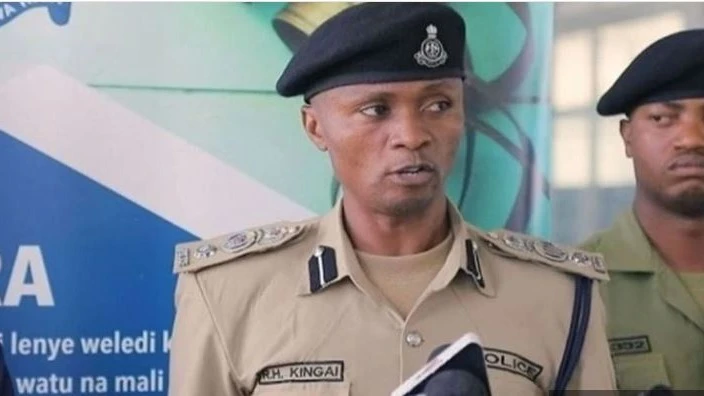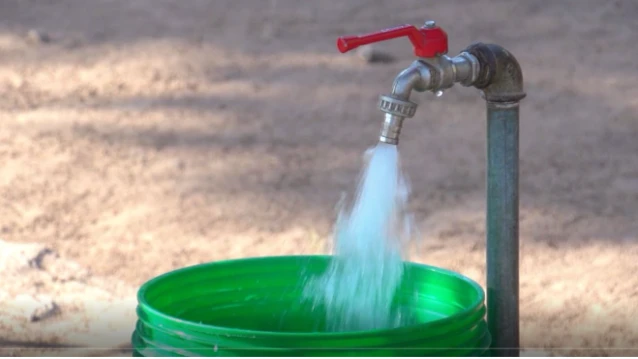EAC police chiefs could have so much to do if EA Common Market stagnates

EFFORTS have continued for several years to link surveillance and crime preventing initiatives among member states of the Southern Africa Development Community (SADC), and the East African Community (EAC) is busy working on the matter.
The partner states’ police chiefs were meeting in Dar es Salaam at midweek to devise a common strategy to tackle cross-border crimes in the region and enhance operational coordination.
It was a meeting of purposes with observations on why that procedure is important for regional security, with underlying challenges likely to be far-reaching as well.
The meeting focused on liaisons involving criminal investigation departments as well as immigration, prisons and motor vehicles registration agencies.
It is widely believed that liaisons involving such agencies can help to unravel criminal networks with interrogation of suspects in any of the partner states.
The police chiefs are reported to have concurred that emerging peace and security threats in the region pose a threat to social, political and economic development.
There is however clear difficulty in just how to develop harmonised strategies to fight contemporary crimes, as it requires that there are no counteracting interests within the police forces or among countries.
The threats indicated pose another dimension to the problem, first in relation to data gathering and secondly in stemming conflicts of interest with powerful local groups.
There are credible discrepancies in standards, as many countries see depositing of cash with offshore banks as financial crime while major destinations of capital flows like the United States have rules governing banks that mirror those of offshore localities.
The fact that countries wish to attract foreign capital implies that they relax controls on the sourcing of capital, as everyone seeks out the most convenient sources for large credits.
Whether the situation is any better with human and drug trafficking is a different matter, while communal violence is largely an internal issue as it doesn’t spill over to nearby states. This is much unlike pockets of terrorism which also came up for discussion at the meeting.
The laying out of strategies to strengthen peace and security infrastructure is relatively straightforward when it comes to setting up equipped offices, complete with desk personnel or sub-sector experts, usually tied up with investigation agencies.
It is a different matter focusing on the local cells of budding crime and how they are connected with shady business operators or politicians.
Like everything done in public administration or in wider society, the remedies that governance agencies seek are usually partial and often experimental, which could be chiefly why the meeting placed a premium on the need for enhancing legal frameworks.
The training and capacity building aspect was equally predictable, particularly in the ever-evolving sphere of cybercrime and group communications facilitating other instances of crime.
Even worse, diminishing confidence in some governing authorities could keep wide sections of the police continually on guard in the streets or going after opponents, not civil tasks.
Workable collaboration between police forces calls for stability and predictability so that any incident is examined like any other, without investigative personnel looking over the shoulder to see if ‘big brother’ has an interest in the matter.
When political factions are locked in war footing, big crimes usually relate to this or that side building its reserves or fiduciary stock – ready for ongoing battles.
Top Headlines
© 2026 IPPMEDIA.COM. ALL RIGHTS RESERVED

















